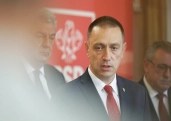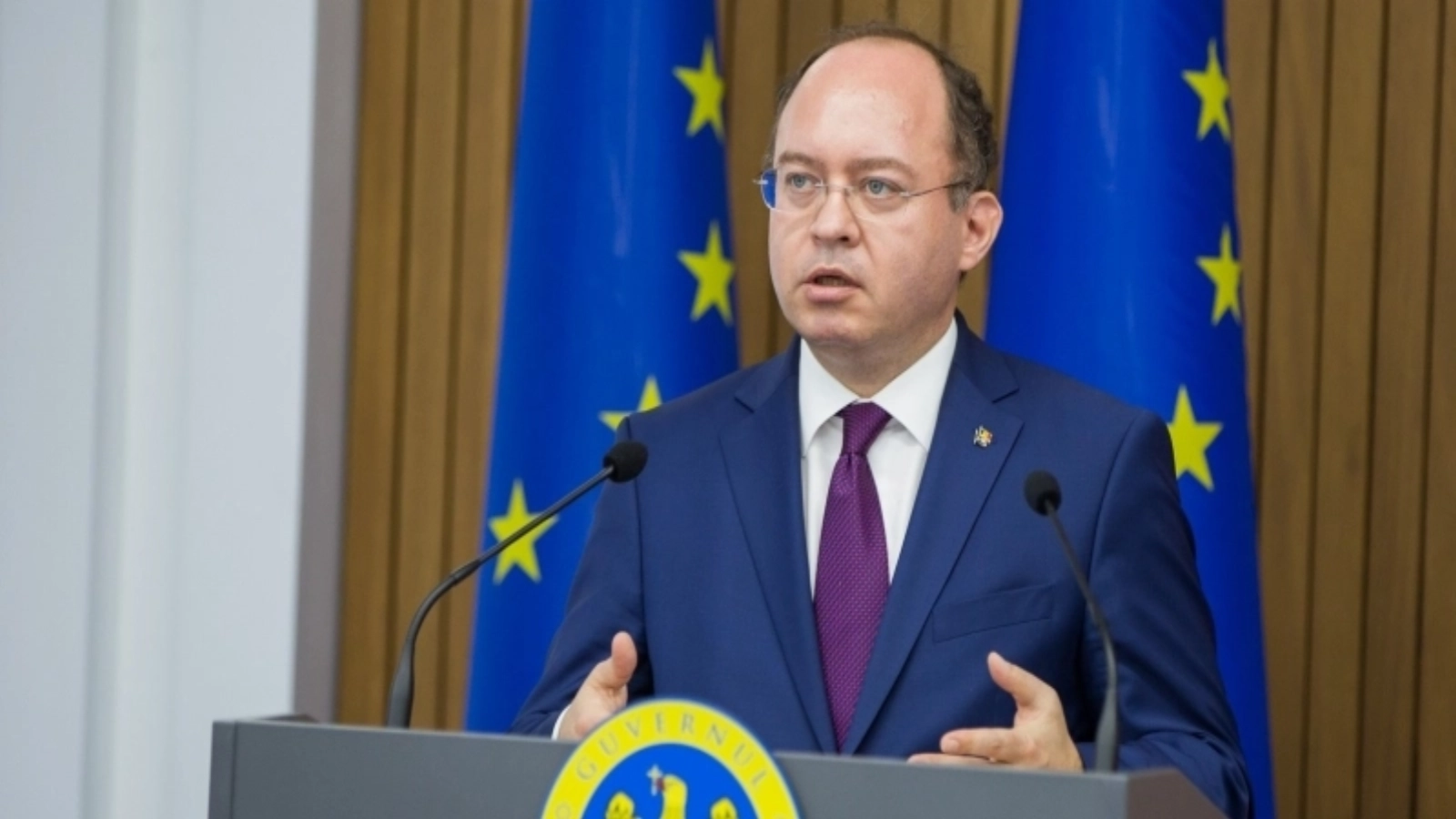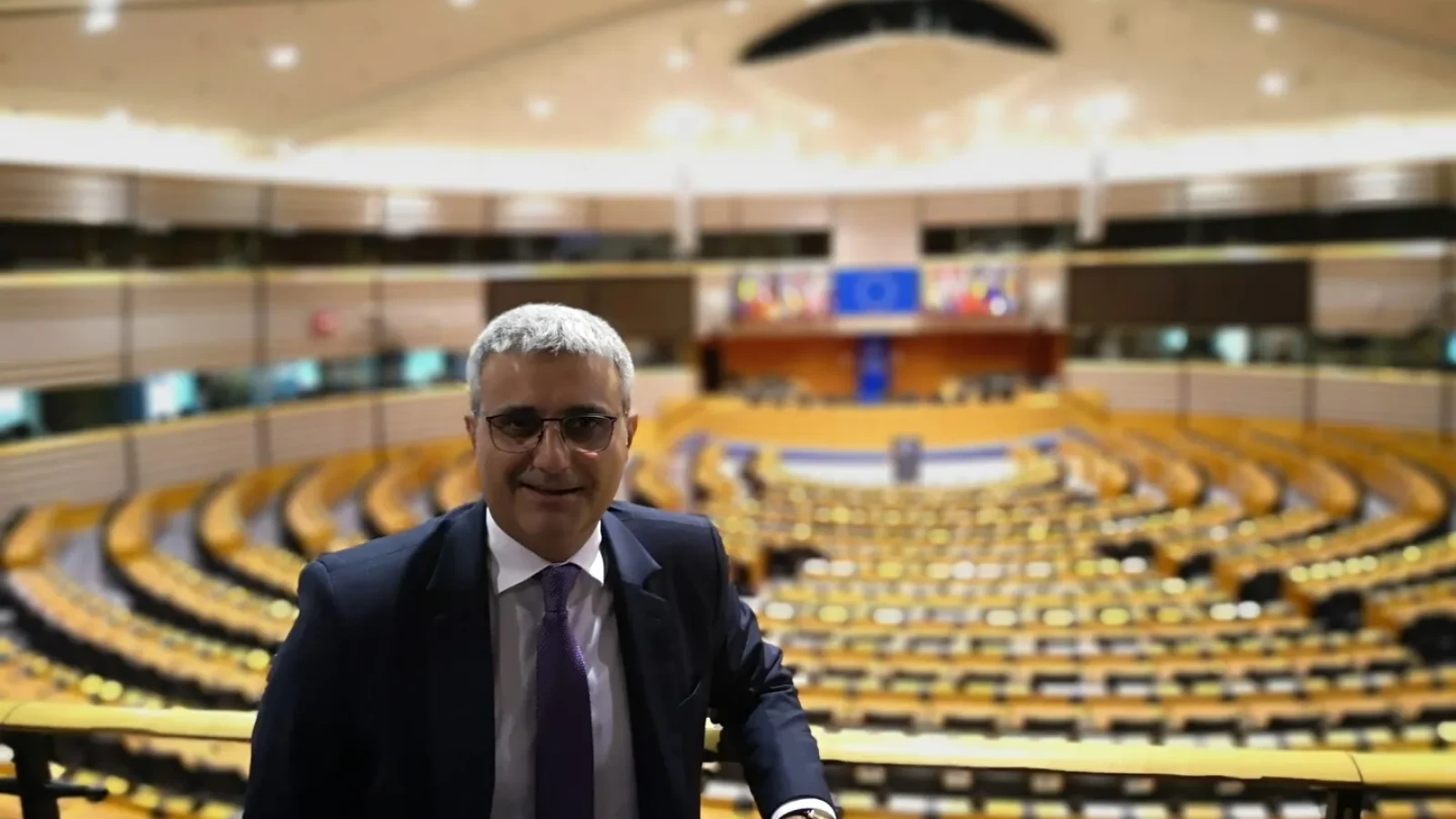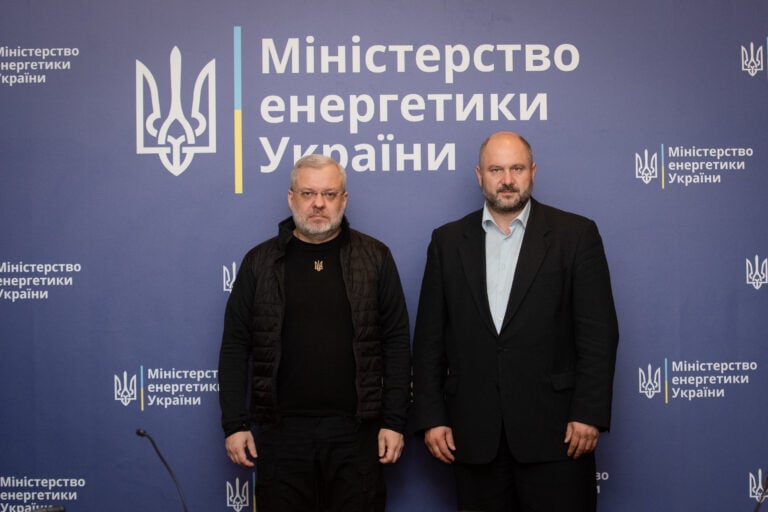Minister of Foreign Affairs Bogdan Aurescu and the Interior Ministry's Secretary of State for Parliament liaison and International Cooperation, Aurelian Paduraru, attended on Monday the informal virtual meeting of the EU Foreign and Home Affairs Ministers dedicated to the external dimension of migration.
Minister Aurescu stressed the importance of strengthening the link between the internal and external dimension of migration, in line with the integrated approach proposed in the New Pact on Migration and Asylum, as a key element for the efficient and sustainable management of migration.
Aurescu welcomed the strengthening in recent years of the EU's capacity to mobilize numerous instruments and policies, such as the new Neighborhood, Development and International Cooperation Instrument (NDICI), the Team Europe approach which was validated as a successful EU initiative in the management of the COVID-19 pandemic, or the New Mediterranean Agenda.
The Foreign Minister emphasized that a key aspect is the strengthened commitment of the countries of origin and transit and rendering them accountable for the goal of developing comprehensive, balanced and functional partnerships, and maintained that the EU must pay sustained attention to both the African continent - through an intensified cooperation with the African Union, which has developed its own framework on migration - as well as to the rest of the regions affected by migration, mentioning countries such as Afghanistan and Pakistan as source countries, but also Western Balkan states as a transit region.
"The discussions also highlighted the crucial role of economic and social development in the regions affected by migration. In this context, the Romanian top diplomat stressed the need for complementarity between the goals of migration policies on the one hand, and international assistance for development and humanitarian support on the other hand, of which he said they should address the root causes of migration by supporting areas such as education, youth, job creation, climate change, health etc.," the release said.
Minister Bogdan Aurescu concluded that talks on this complex file must continue in order to identify the most effective way of coordination between all relevant EU actors - institutions, member states, European agencies - in order to build a coherent and constructive approach to the profound consequences of migration. AGERPRES
EU Foreign, Interior Ministers' informal virtual meeting on efficient management of migration
Explorează subiectul
Articole Similare

9
PSD's Fifor welcomes President Dan's decision to attend next week's Peace Council meeting
9

18
DefMin Miruta: Romania must not be only a beneficiary of security, but also a provider;we need competitive industry
18

22
HealthMin Rogobete: Regional Oncology Institute in Timisoara must become operational by end of 2028
22

18
Geoana: Transatlantic relation remains essential and unique, but it needs to find a new balance
18

38
Gov't welcomes purchase of Giurgiulesti International Port operator, as it contributes to strengthening Strategic Partnership
38

12
Finance minister says priority remains continuation of budgetary discipline and economy relaunch on sustainable basis
12

21
BrancusiYear/Small table and trovants, story of Constantin Brancusi's lesser-known works
21

18
Fitch affirms Romania at 'BBB minus'; outlook negative
18

14
DefMin Miruta has meetings with European defence industry representatives on Munich conference sidelines
14

15
Figures from real economy show for two years we not well (professor Cristian Paun)
15

17
FEATURE STORY/Daniel Castle in Talisoara features murals of local aristocratic life, similar to today's social-network style
17

11
International Master's programme Inclusion Studies launched by Stefan cel Mare University, two European universities
11

10
Bucharest Stock Exchange closes lower Friday's trading session
10



















Comentează